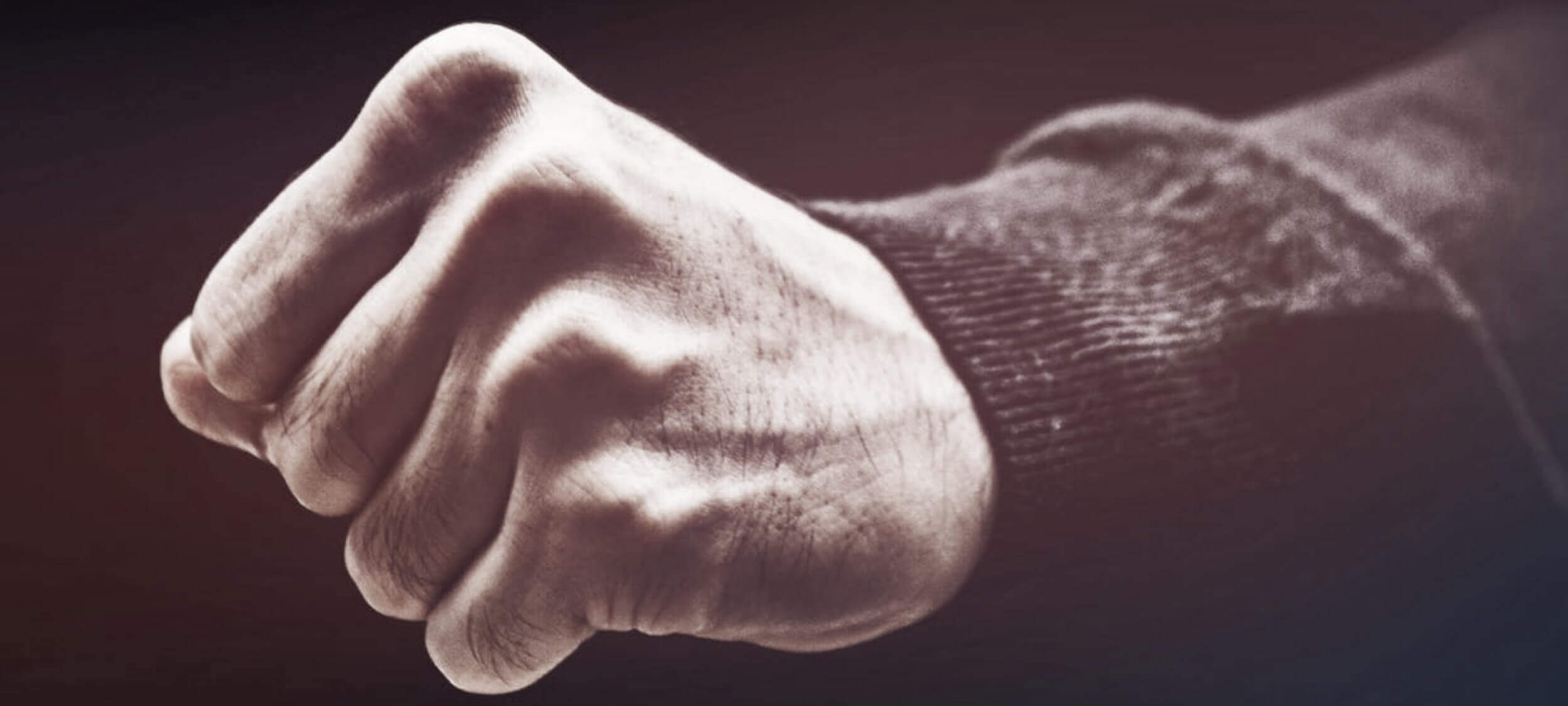
On any given day, each of us will experience a rush of emotion and make a decision based on our gut reaction, intuition, or conscience. Someone spits on the street and our ‘against the rules’ or ‘hygiene’ button gets pushed. We see a photo of a child powerless and mistreated and our ‘justice fire’ gets lit.
This gut reaction is an emotional expression of our deeply held beliefs about what we value as right and good. Our values describe what we want to see in the world and how we should behave. This set of views about what is right and wrong is sometimes referred to as our moral compass.
We each hold a personal system of values arranged in order of priority. For example, some people may prioritise personal freedom over security and other people will do the opposite. Many people also hold a collective value system, reflecting a cultural or societal attitude. These different value sets vary in terms of how cohesive they are – they might be complementary or contradictory.
Scholars have categorised values in various ways – religious, political, aesthetic, social, ethical, moral, and so on. One study found ten distinct values recognised across different cultures: power, achievement, hedonism, stimulation, self-direction, universalism, benevolence, tradition, conformity and security.
Values inform and influence our attitudes, choices and behaviours. They provide both conscious and unconscious guidelines for the goals we pursue, how we pursue them, our perceptions of reality, and the ways we engage in the world.
Where do our values come from?
Your values reflect how, where and when you were raised. They are generally received through culture, often transmitted between parents and children. We also learn from the stories we read, things we watch, life challenges, and through experiences of the morally authoritative people in our lives.
Our value system forms when we are young and unaware of what is going on and continues developing throughout our lives, with conscious self-correction and moral development. As we grow older, it can be difficult to shift deep seated values that are no longer appropriate or relevant. But thanks to our capacity for critical discernment, our values are never entirely ‘fixed’.
Why do different people value different things?
Because people grow up in different families with different backgrounds and histories, personal values differ from one person to the next. However, shared experiences lead to some common values. There are more shared values, norms, and patterns of behaviour between of people in the same environment – be it a community, an organisation, a country, or a football team.
Even the same values can look different when practiced by different cultures. For instance, wearing black to a funeral is a mark of respect for human life in some cultures while in others, mourners wear white. Each share the same value – respect for the dead – but the norms surrounding the value differ.
What do we do when values clash?
Have you found yourself torn between telling the truth and avoiding upsetting someone else? Have you ever felt unsure about how to respond to someone with a different value set to your own?
When we face these conflicts, we’ve entered ‘the ethics zone’ and we have to decide what we should do. The process of engaging with the clash involves examining gut reactions, considering other perspectives, consulting with trusted mentors, being open to alternative viewpoints and possibilities, and critically examining our feelings.
The more we engage in this kind of process of ethical reasoning, the better we get at it. This approach strengthens our muscle for ethical decision making so we can respond when our values are in tension. Instead of relying on an unexamined ‘gut instinct’, we hone an informed and reflective conscience to negotiate ethical tension and conflicts of values.
Ethics in your inbox.
Get the latest inspiration, intelligence, events & more.
By signing up you agree to our privacy policy
You might be interested in…
Opinion + Analysis
Relationships
Ask an ethicist: How do I get through Christmas without arguing with my family about politics?
Opinion + Analysis
Relationships
It takes a village to raise resilience
Opinion + Analysis
Relationships
Want men to stop hitting women? Stop talking about “real men”
Opinion + Analysis
Relationships




